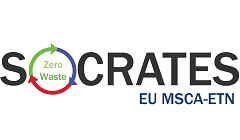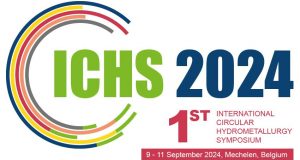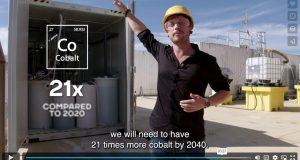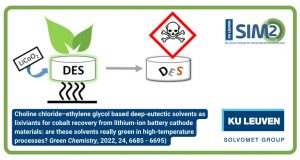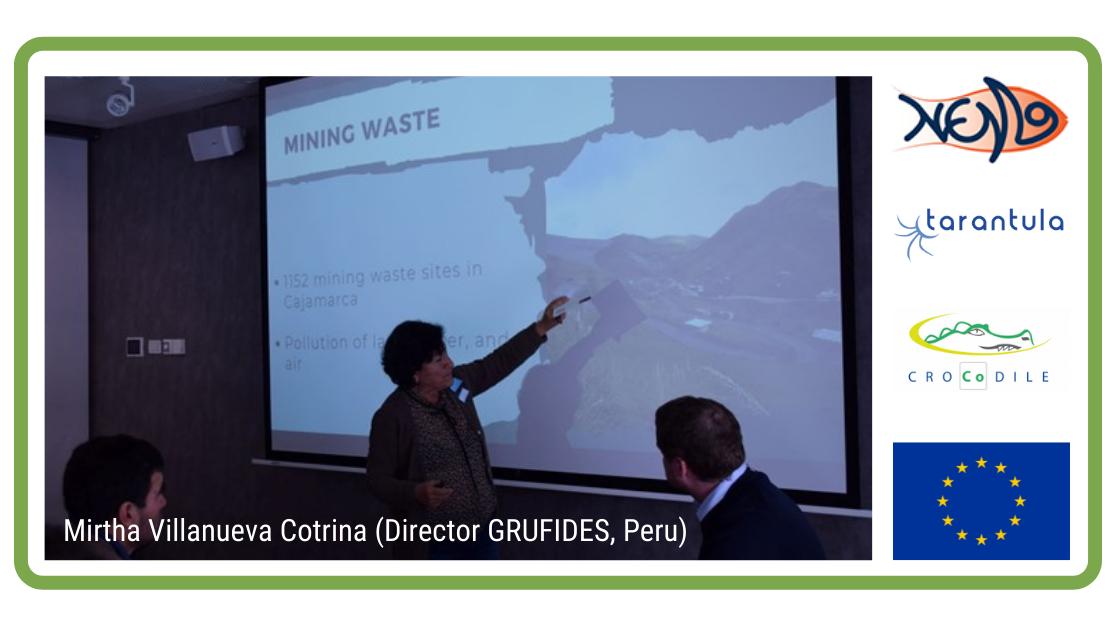Breaking News: European Parliament votes YES to include “Enhanced Landfill Mining” in the EU Landfill Directive
On 14-3-207 the European Parliament voted about its position with respect to EU Waste Policy. The so-called “Waste Package” concerns four Directives, incl. the Landfill Directive. For the first time, this Landfill Directive is now to endorse “Enhanced Landfill Mining”.
On March 14, 2017, the European Parliament voted about its position with respect to the on-going revision of EU Waste Policy. The so-called “Waste Package”, which concerns a whole list of measures as regards packaging, recycling, landfill and electronic waste, has now been formally accepted by the European Parliament (EP). The agreed “Waste Package” concerns the adaptation of four EU Directives, including the Landfill Directive. This Directive (1999/31/EC) regulates waste management of landfills in the European Union. Its overall aim is “to prevent or reduce as far as possible negative effects on the environment, in particular the pollution of surface water, groundwater, soil and air, and on the global environment, including the greenhouse effect, as well as any resulting risk to human health, from the landfilling of waste, during the whole life-cycle of the landfill”.
Old Landfill Directive
Although the environmental protection goal of the original EC Landfill Directive (1999/31/EC) is of course of key importance, the problem with this Directive is that it considers landfills as static “end stations” of deposited waste. Landfills are perceived as a source of pollution, a problem that should be capped, contained and monitored in view of eco-protection. The fact that Europe’s landfills may harbour vast amounts of untapped resources, which can be reintegrated into the(circular) economy, is not enshrined in the Directive. As a result, until today there is no explicit regulatory framework for ELFM in EU legislation. This causes multiple challenges and uncertainties for both private and public actors who want to perform ELFM investments and projects.
Enhanced Landfill Mining in the new Landfill Directive
With the EP vote of March 14, 2017, this is now about to change. For the first time ever, this Landfill Directive is set to include a specific reference to “Enhanced Landfill Mining”. In Article 5, the following paragraph has been added by the European Parliament:
“The Commission shall further examine the feasibility of proposing a regulatory framework for enhanced landfill mining so as to permit the retrieval of secondary raw materials that are present in existing landfills. By 31 December 2025 Member States shall map existing landfills and indicate their potential for enhanced landfill mining and share information.”
The justification for this change is that Enhanced Landfill Mining does not only enable the recovery of valuable materials which can be brought back into the cycle, but also allows for recovering land area, taking into account that a large part of the EU’s 500.000 historic landfills are situated in a (semi-) urban environment.
ELFM Seminar European Parliament
This official recognition of the relevance of ELFM in the Landfill Directive is the result of the concerted efforts of several Belgian Members of the European Parliament, incl. Hilde Vautmans and Mark Demesmaeker. Since 2015 they have been cooperating with the European Enhanced Landfill Mining Consortium (EURELCO), a non-profit network that supports the required technological, legal, social, economic, environmental and organisational innovation with respect to Enhanced Landfill Mining within the context of a transition to a resource efficient, circular, low-carbon economy.
that supports the required technological, legal, social, economic, environmental and organisational innovation with respect to Enhanced Landfill Mining within the context of a transition to a resource efficient, circular, low-carbon economy.
In October 2015 Belgian Members of the European Parliament Hilde Vautmans and Mark Demesmaeker organised the First Ever ELFM Seminar in the European Parliament together with EURELCO. One of the key outcomes of that ELFM Seminar, which was attended by 85 participants incl. key EC and EP Members, was a number of shared conclusions, including the need to develop sound inventories of the landfills in the EU-28 as well as the need to develop a more comprehensive long-term vision for the future management and rehabilitation of Europe’s 500,000+ landfills.
 Following this ELFM Seminar in the European Parliament, MEP Hilde Vautmans launched an EU Action Plan for ELFM during the 5th General Assembly Meeting of EURELCO in Houthalen, Belgium, on February 6, 2017. In this Action Plan Hilde Vautmans promises to formally establish an “EU Parliamentary Working Group on Landfill Mining” and to organise the Second ELFM Seminar in the EP (Februar 7, 2018). In this follow-up seminar the goal is to review the Landfill/Waste Directives in the context of EC Circular Economy Package and to mobilise the EU Cohesion Funds for the implementation of specific ELFM projects in EU Member States. The accepted ELFM Paragraph in Article 5 of the to be revised Landfill Directive represents a first milestone in the realisation of Vautmans’ Action Plan.
Following this ELFM Seminar in the European Parliament, MEP Hilde Vautmans launched an EU Action Plan for ELFM during the 5th General Assembly Meeting of EURELCO in Houthalen, Belgium, on February 6, 2017. In this Action Plan Hilde Vautmans promises to formally establish an “EU Parliamentary Working Group on Landfill Mining” and to organise the Second ELFM Seminar in the EP (Februar 7, 2018). In this follow-up seminar the goal is to review the Landfill/Waste Directives in the context of EC Circular Economy Package and to mobilise the EU Cohesion Funds for the implementation of specific ELFM projects in EU Member States. The accepted ELFM Paragraph in Article 5 of the to be revised Landfill Directive represents a first milestone in the realisation of Vautmans’ Action Plan.
Next steps for the EP’s Waste Package
In order to become officially part of the revised EU Landfill Directive, the European Council now needs to agree with the EP’s Waste Package. If not, then negotiations are set to start to revise the EP proposal. In all cases, ELFM is set to be integrated in one way or another in the new EU Landfill Directive.
More info?
Visit www.eurelco.org & https://www.eurelco.org/general-assembly-2017
EU ELFM Action Plan (February 2017)
Report on the 1st ELFM Seminar in the European Parliament (October, 2015)
Contact
- Dr. Ir. Peter Tom Jones, General Coordinator MSCA-ETN NEW-MINE & EURELCO: peter.jones@kuleuven.be [+32 486 83 64 94]
- Katleen Vandormael, Communication Manager EURELCO: katleen.vandormael@i-cleantechvlaanderen.be [+ 32 495 55 10 12]

